
Meta may have torrented over 80 terabytes of pirated books to train its AI models
Just how AI models should be trained has been a subject of debate for some time now, with there being a lot of focus in whether publicly posted social media content is ripe for the picking or not. Now a new lawsuit suggests that Meta has been using pirated ebooks as a data source.
Emails that are serving as evidence in a copyright case against Meta appear to show that the Facebook owner has torrented scores of terabytes of data from a number of online resources. Among the places mentioned in newly released unredacted emails are Anna’s Archive, Z-Library and LibGen.

Meta will continue to use fact checkers -- for now, at least, and only outside of the US
When Mark Zuckerberg announced recently that Meta was ditching fact checking on Facebook and Instagram in favor of X-style community notes, the response was very mixed. While hardly a clean line between the two camps, those with conservative political leanings tended to see this as a good thing, while those of a more liberal bent voiced concerns about the potential for misinformation.
The recent announcement about moving away from fact checking was widely seen as Zuckerberg trying to curry favor with Donald Trump, now installed as the 47th president of the USA. Now a new pronouncement from the company makes it hard to shake the notion that stepping away from fact checking was a politically motivated move.
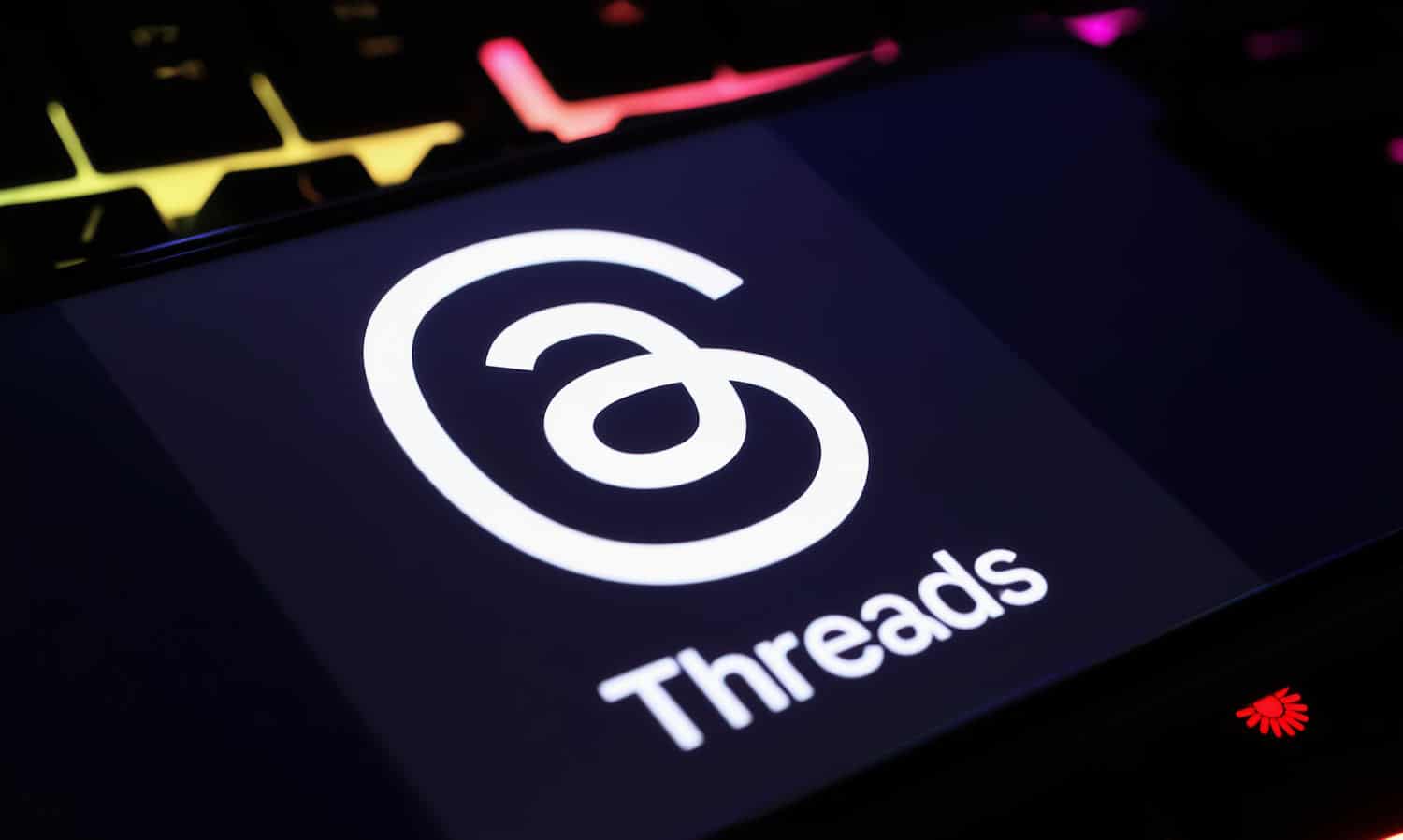
Meta enters the fediverse by allowing some users to cross post between Threads and other platforms such as Mastodon
The groundswell of interest in the fediverse really kicked off when Elon Musk took over at Twitter, renamed it X, and made a seemingly endless series of controversial changes and decisions. A large number of users sought new homes, and the likes of Bluesky and Mastodon reaped the benefits.
Another recent entrant into the social arena is Threads -- Meta's answer to X. For quite some time there has been talk about plans to plug Threads into the fediverse, much to the disgust of many Mastodon users. Now this day has rolled around, with Mark Zuckerberg announcing that fediverse integration is now available to some users in beta.
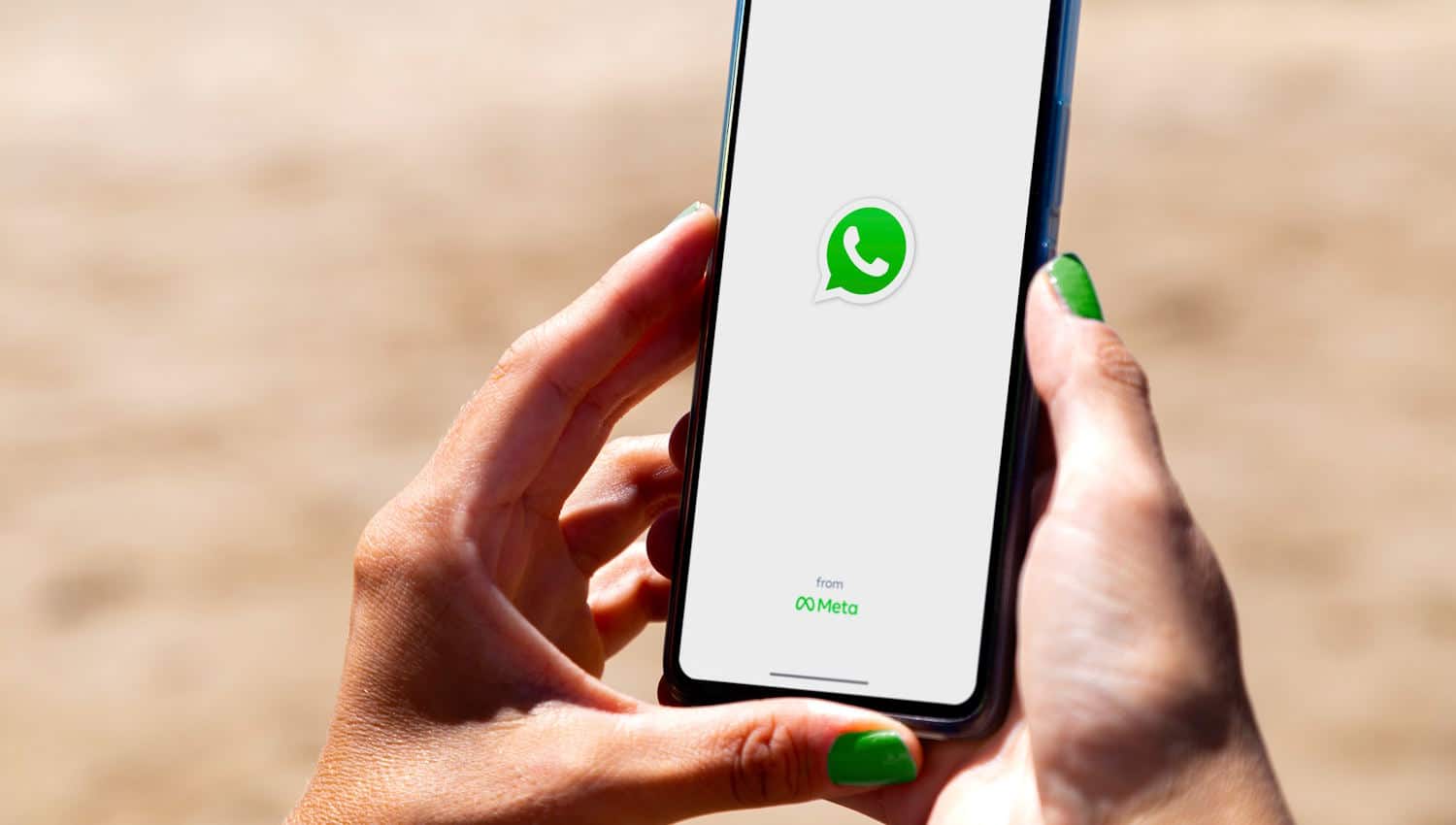
WhatsApp finally adds much-needed text formatting options
Catching up with just about every other messaging app currently available, WhatsApp has finally expanded the range of text formatting options it offers.
Before you get too excited, though, temper your expectations -- you're not being given access to word processor-like options. Joining the existing bold, italic, strikethrough and monospace options are new code, quote and list options complete with a new batch of text-based shortcuts.
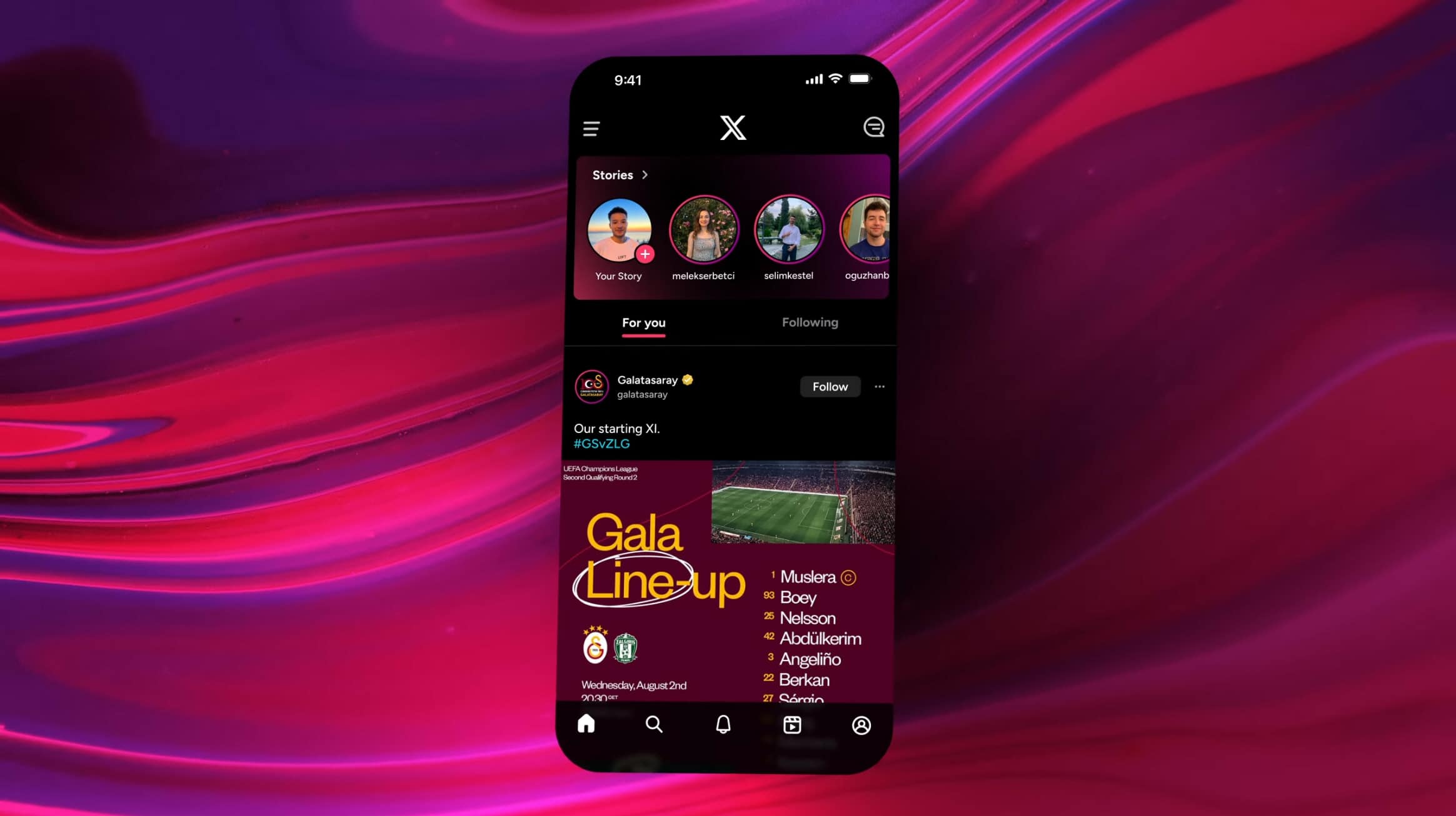
Instagram under Elon Musk's control as part of X, the 'everything app'? This is how it could work
The rivalry between tech billionaires Elon Musk and Mark Zuckerberg is hard to miss. There was, for a while, talk of the two men having a cage fight -- although that predictably came to nothing -- and Zuckerberg's Meta recently introduced its "Twitter killer" app, Threads, after perceiving weakness in Musk's own social media platform (now called X).
While Threads hasn't been quite the huge hit that Meta was hoping for (just yet at least), it has clearly had some impact on X. You should never bet against Elon Musk though. If you've ever wondered what Meta's Instagram might look like if Musk took over that as part of X's expansion of the "everything app", we have the answer.
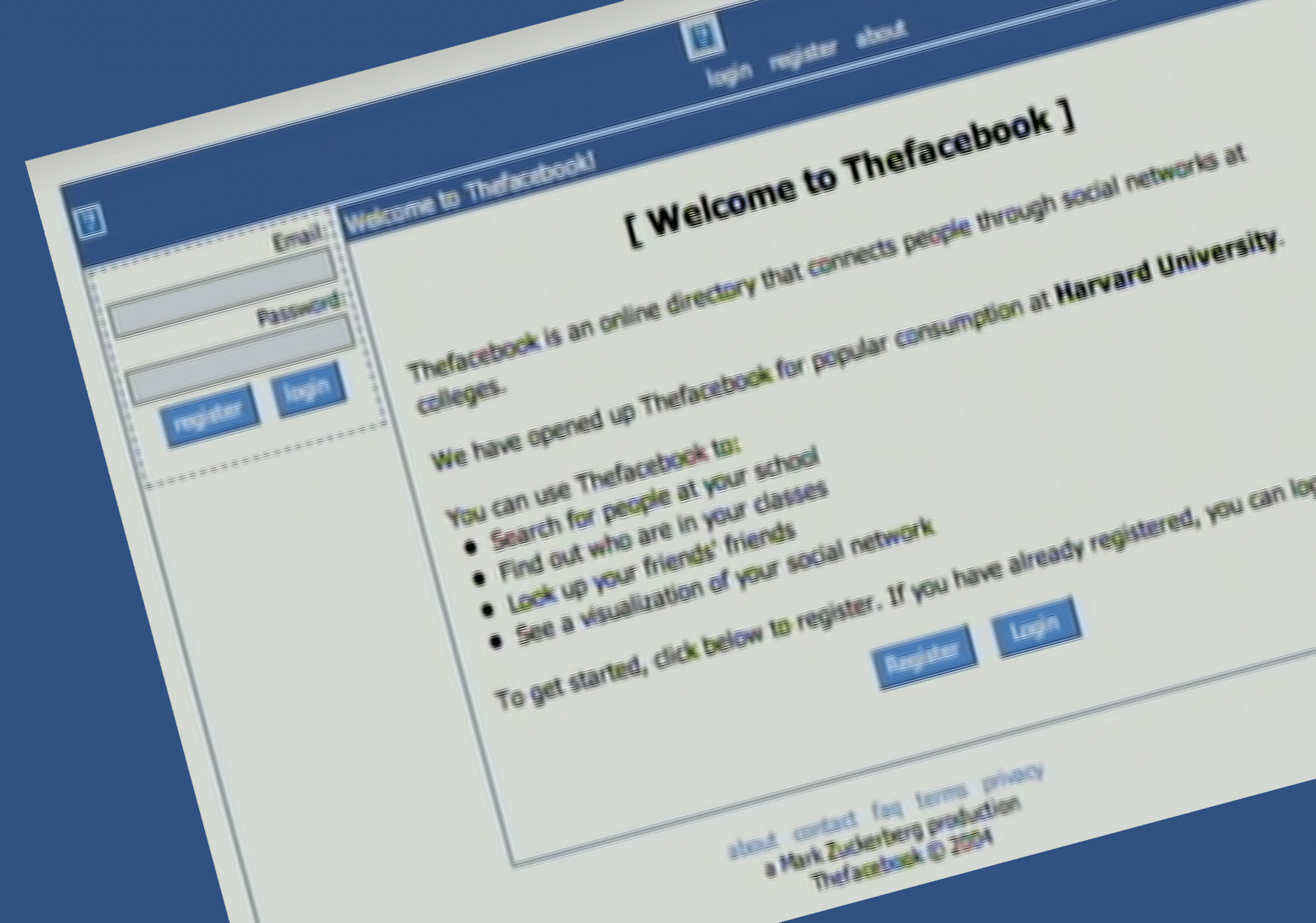
Facebook: The social networking giant's rise from a dorm room idea
In the winter of 2004, a Harvard sophomore named Mark Zuckerberg created a website that would revolutionize the way we communicate and share information. This website, known as Facebook, was initially a small project intended for Harvard students only. But it quickly grew into a global social networking phenomenon, connecting billions of people worldwide.
Zuckerberg was a computer science student with a knack for creating innovative web applications. His first notable creation was a program called CourseMatch, which allowed students to select classes based on the choices of other students. This was followed by Facemash, a website that allowed users to rank the attractiveness of their fellow students. Despite being shut down by Harvard administration due to privacy concerns, Facemash gave Zuckerberg the idea for a social networking site that would eventually become Facebook.
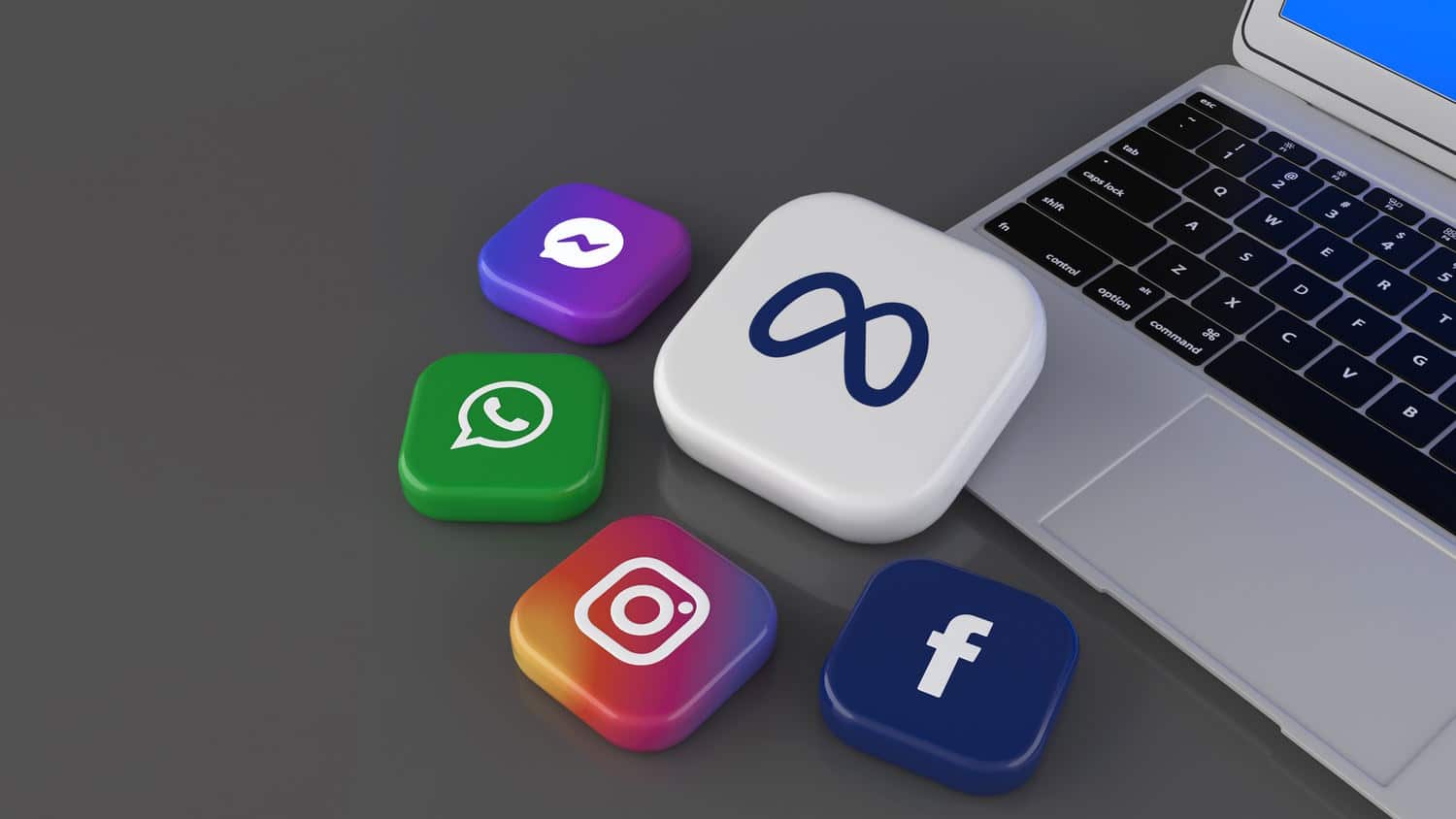
Now you can pay to get verified on Facebook and Instagram as Meta takes a leaf out of Twitter's book
Not to be outdone by Elon Musk, Mark Zuckerberg has taken to Instagram to announce the rollout of a paid-for Meta Verified program. While it is already possible to receive a Twitter-style blue tick of verification on Facebook and Instagram, the new subscription service will give users the opportunity to pay for the badge.
Echoing the claims of Musk, Zuckerberg says that "this new feature is about increasing authenticity and security across our services". With a charge of between $12 and $15 per month, there is obviously a financial benefit for Meta as well.

Mark Zuckerberg lays off 13% of Meta's workforce (11,000 employees), this is the email he sent
We’ve known for a while that Meta, the parent company of Facebook and champion of the metaverse, was planning to significantly reduce the size of its workforce and today Mark Zuckerberg sent out an email confirming this to all Meta employees.
In the message he details the layoffs, explaining how the company got to this point, how it will work, other changes Meta will be making, and how the company will move forward. You can read the full email below:
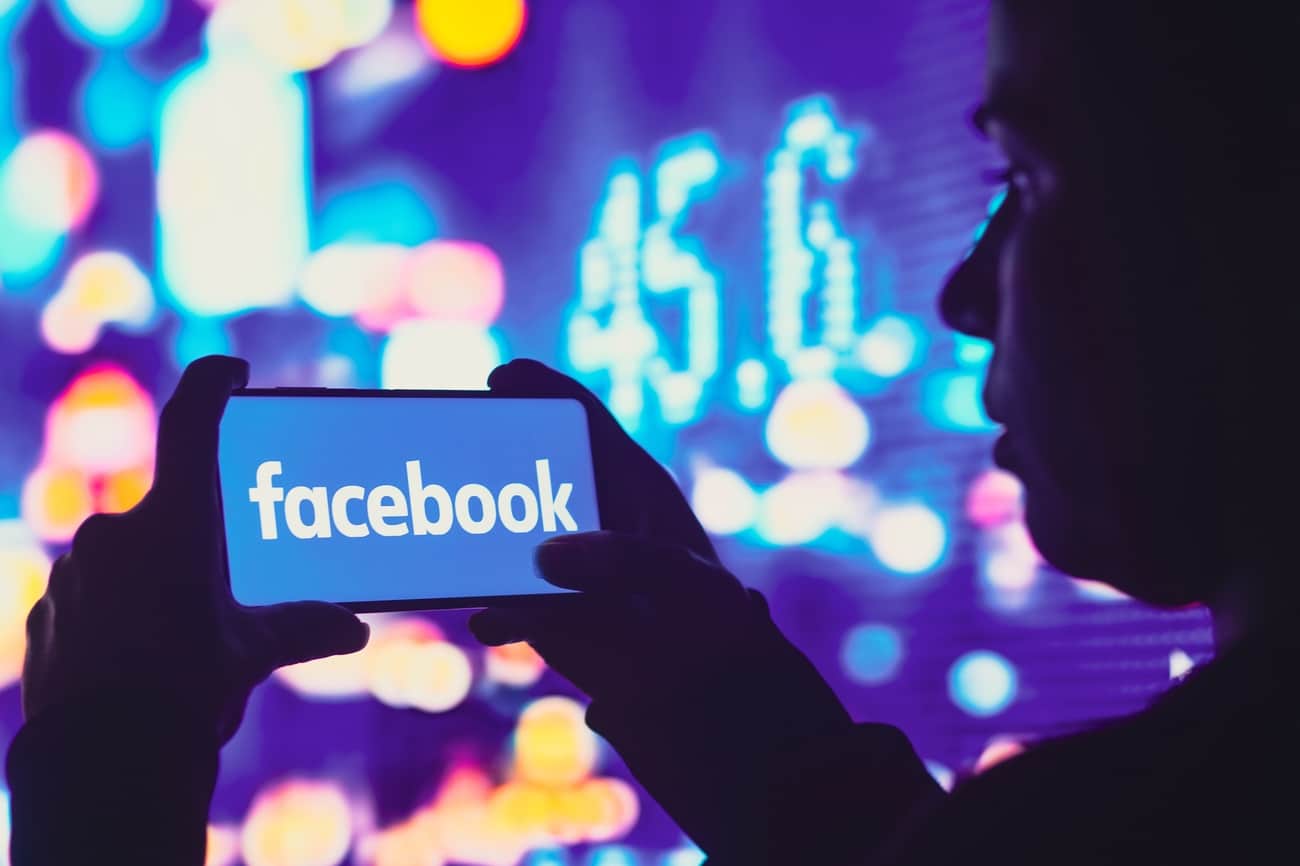
Facebook is finally restoring the chronological feed
Facebook's love of algorithms has meant that there has been a highly polarizing focus on recommended content in users' feeds rather than posts from friends, family and pages of genuine interest. But this is changing.
In a move that will please millions of Facebook users who have become increasingly frustrated with the way recommended content is pushed into their feed, Mark Zuckerberg has announced that iOS and Android users are being treated to feed split over two tabs. While one of these will remain populated with content surfaced by Facebook's "discovery engine", the other is a chronological feed of content from friends, groups and Pages.
Meta has a new way for you to waste money -- buying virtual designer clothes in Avatars Store for Facebook, Instagram and Messenger
For people with less sense than money, there are NFTs to waste hard-earned cash on. But Meta is introducing a new way to part fools from their money -- Avatars Store.
These will be available for Facebook, Instagram and Messenger, and will give users the opportunity to buy digital clothes with which to adorn their avatar. Attempting to justify the selling of more digital fluff, Mark Zuckerberg insists that "digital goods will be an important way to express yourself in the metaverse and a big driver of the creative economy".

Is Facebook about to change its name... and does it matter?
Over the years, Mark Zuckerberg has shared various visions for the future including getting the entire world online. His latest idea is that of the metaverse, a far more immersive, connected experience that blends the realms of virtual reality and the internet.
While details of quite what Facebook's plans for the metaverse might be currently remain vague and ethereal, it seems that Zuckerberg could be on the verge of announcing a rebranding and a new name for Facebook.
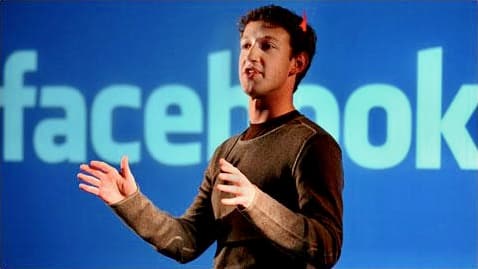
Mark Zuckerberg's pact with the Devil
This is a column about Mark Zuckerberg and Facebook, but it starts with an old story about Intel and Monsanto from my book Accidental Empires. Stick with me here and you’ll soon understand why…
There was a time in the early 1980s when Intel suffered terrible quality problems. It was building microprocessors and other parts by the millions and by the millions these parts tested bad. The problem was caused by dust, the major enemy of computer chip makers.
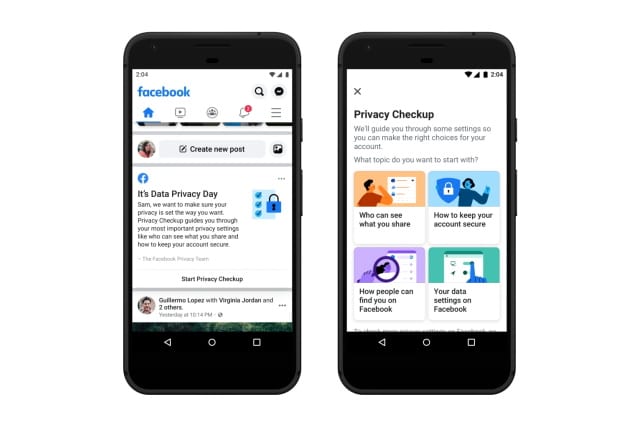
Facebook promises to give users more control over their privacy... again
Today is Data Privacy Day, and Facebook is using the occasion to try to convince its users that it cares about their privacy.
The social network says that it recognizes there is a lot of work to do to improve privacy protections, but that's not going to stop the company from trying to make it seem as though it doesn't represent a massive invasion of privacy. As part of its latest PR campaign, Facebook will encourage users to review their privacy settings as well as launching the Off-Facebook Activity tool globally.
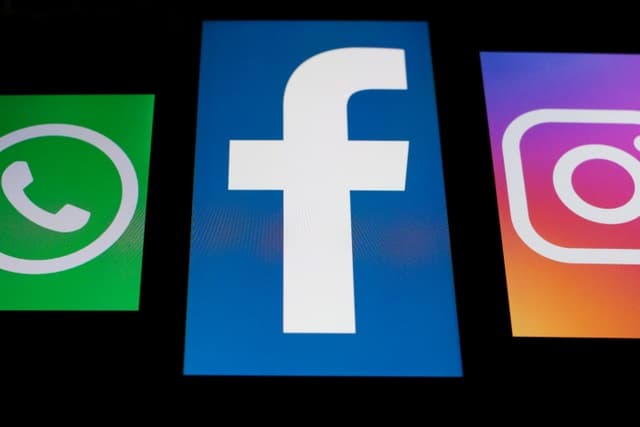
Mark Zuckerberg's calls for internet regulation are just an attempt to shift the blame from Facebook
Over the weekend, Mark Zuckerberg set out what he described as "four ideas to regulate the internet". Were these ideas put forth by someone else, it might be possible to refer to this as an impassioned plea -- but this is Zuckerberg we're talking about.
He suggests GDPR-style privacy regulation in the US. He wants more control of hate speech. He believes more needs to be done about political advertising, particularly around the time of elections. And he likes the idea of data portability. These are reasonable ideas and -- importantly -- there is nothing to stop Facebook from implementing them now. To lead the way. There is no need to call for, or wait for, legislation.
Pahahaha! Zuckerberg outlines his, *snort*, privacy-focused vision for Facebook and social networking hahahaha!
Social networking in general, and Facebook in particular, is far from synonymous with the notion of privacy. Facebook makes occasional nods to granting users greater control over their privacy, but at the end of the day, data about users is what makes Mark Zuckerberg's company tick.
But setting out his vision for the future in a blog post, the Facebook founder has set out his "vision and principles around building a privacy-focused messaging and social networking platform". We'd already heard about plans to merge the messaging platforms WhatsApp, Instagram and Facebook Messenger, this is central to his vision of the future. He has bold ideas of encryption and ephemerality playing a large part in increasing privacy, but Facebook will still have to overcome the issue of user trust.
